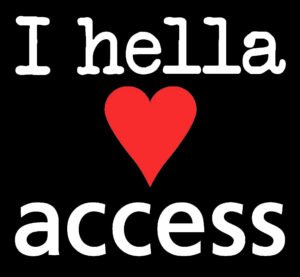Our Healthline is operated by trained volunteers who provide information, referrals, and support around abortion care, birth control, health insurance, and more. They also help organize funding, transportation, lodging, childcare, meal funds, doula and emotional support care, and more.
Volunteers also work on projects which may include:
- Updating internal referral lists about health care providers and other resources available to low-income and uninsured people in California
- Coordinating the annual abortion access Fund-A-Thon via the National Network of Abortion Funds
- Learning about and participating in policy advocacy for abortion access, immigration reform, and more!
The Healthline is open Monday through Friday, 10 am to 4 pm PST. We require all Healthline Volunteers to participate in our Reproductive Justice in Action training prior to volunteering on the Healthline, and ask that volunteers be able to commit to at least one Healthline shift per week.
Other volunteer roles or internships are custom designed based on the availability of staff members to supervise the position and the project.

